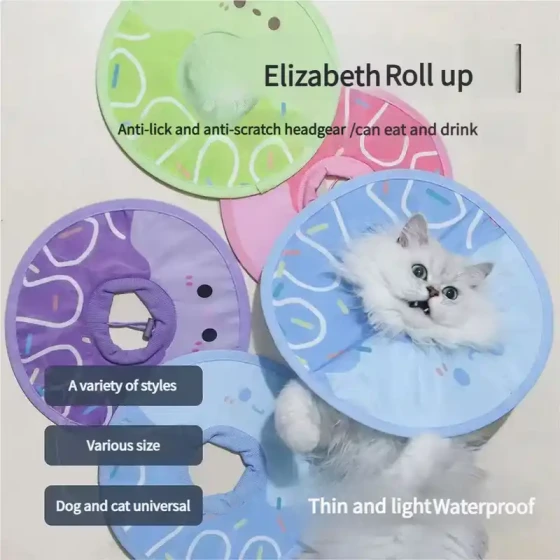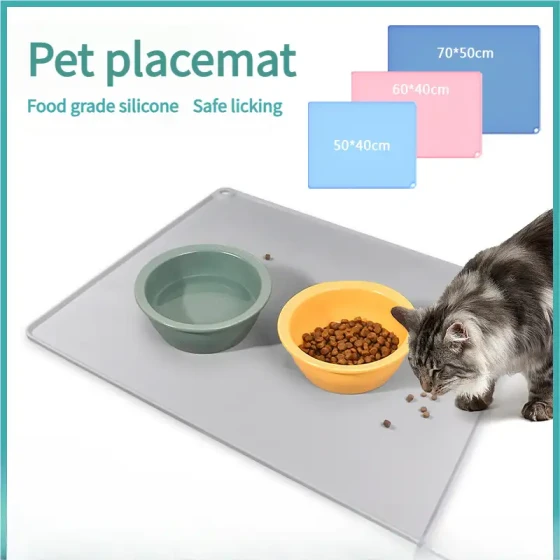14-year-old cat not eating or drinking
The phenomenon of a 14-year-old cat not eating or drinking often occurs, and their refusal to eat or drink can cause serious harm to their health. Therefore, it is crucial to promptly detect symptoms of cats not eating or drinking and find the correct treatment methods.
1. Causes of Cats Not Eating or Drinking
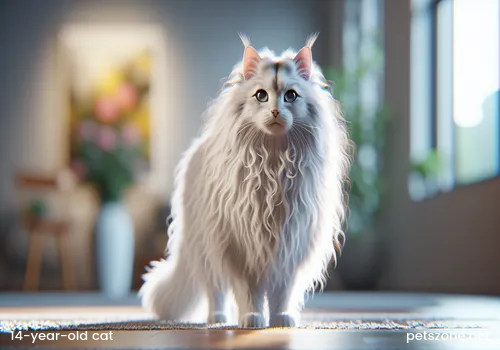
First, a 14-year-old cat may not eat or drink due to diseases, including viral infections, inflammatory responses, chronic enteritis, digestive tract stones, intestinal roundworm disease, kidney disease, etc. These causes may lead to pathological changes in the cat's digestive system, resulting in symptoms of not eating or drinking. Second, environmental reasons may also cause a 14-year-old cat to not eat or drink, such as adapting to a new environment, dietary changes, or changes in household members. Finally, psychological reasons may also contribute, including fear, nervousness, depression, anxiety, and other emotional states, causing the cat to refuse food and water.
2. Symptoms of Cats Not Eating or Drinking
The main symptoms of a 14-year-old cat not eating or drinking include: first, the cat refuses food, is unwilling to eat, eats little, and shows poor appetite; second, the cat refuses water, is unwilling to drink, drinks little, and has a significantly reduced water intake; third, abdominal swelling, indigestion, food digestion problems, sometimes vomiting, diarrhea, and other conditions; fourth, the cat loses weight quickly, with noticeable changes in body shape.
3. Treatment for Cats Not Eating or Drinking
To effectively treat a 14-year-old cat that is not eating or drinking, first examine the cat’s health status and rule out disease causes. If diseases are confirmed, medication treatment can be used. Next, the cat’s diet can be adjusted to be easier to digest, such as adding nutritional liquids or gluten. Lastly, try to ensure the cat’s living environment is stable, avoiding changes that might cause emotional disruption, which may result in refusal to eat or drink.
4. Prevention of Cats Not Eating or Drinking
To prevent a 14-year-old cat from not eating or drinking, first regularly check their health status to detect and treat diseases promptly. Second, provide a good dietary environment with adequate nutritional food. Lastly, maintain a stable environment for the cat and avoid unnecessary changes to prevent inappropriate stimuli that might lead to refusal to eat or drink.
A 14-year-old cat not eating or drinking may be due to disease, environmental, or psychological reasons. Effective treatment requires timely disease diagnosis and elimination, environmental changes, psychological adjustment, regular health checks, providing a good diet, and maintaining environmental stability to prevent refusal to eat or drink.
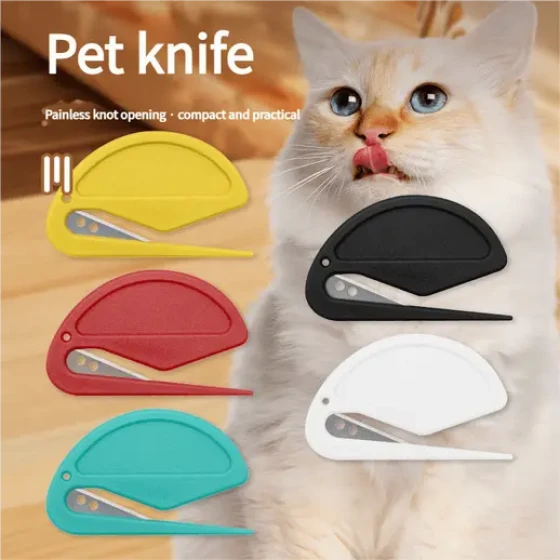
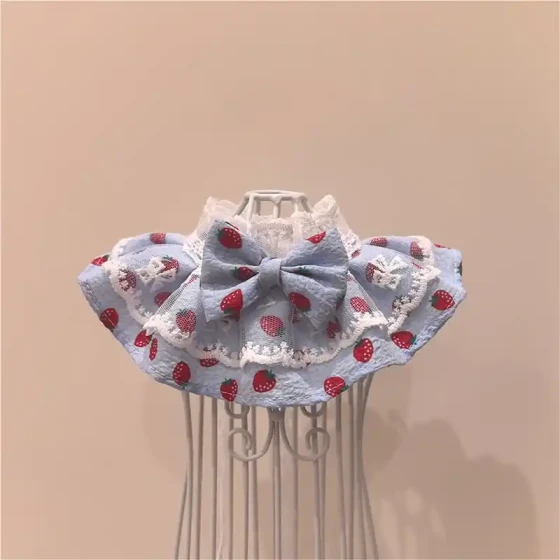
-560x560.webp)
